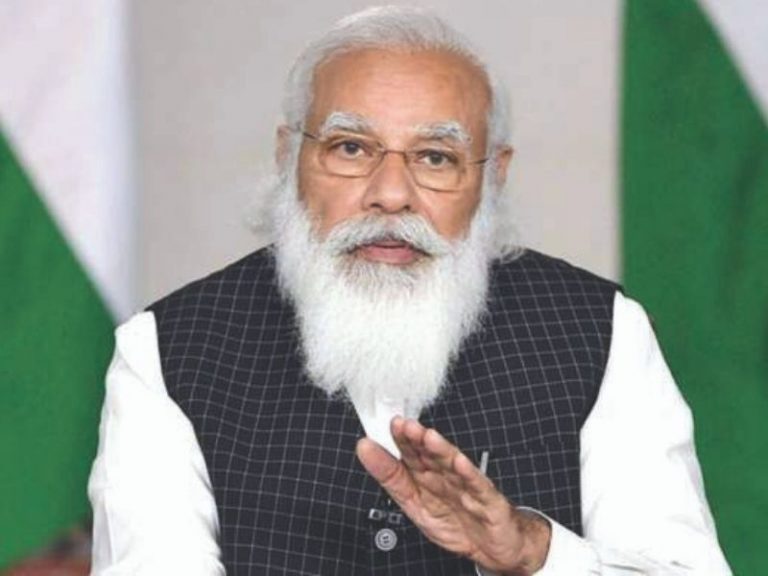New Delhi: Exam cancellation conundrum
Autar Nehru (Delhi)

Prime minister Narendra Modi: student-friendly decision
Ending months of nationwide tension and anxiety, the Delhi-based Central Board of Secondary Education (CBSE) — the country’s largest national Central government controlled school-leaving examination board which has 21,271 schools affiliated with it — cancelled its class XII exam for the academic year 2020-21. Council for the Indian School Certificate Examinations (the other national school-leaving exams board with 2,300 affiliated schools) and several state boards have followed suit and cancelled their class XII board examinations.
Following a meeting on June 1 chaired by prime minister Narendra Modi during which he was briefed on all possible options by Union education ministry and CBSE officials, the prime minister announced cancellation of CBSE’s class XII examinations. A notable absentee at this meet was Union education minister Ramesh Pokhriyal, reportedly hospitalised because of complications arising from having contracted the dreaded virus in April. “After extensive consultations, we have taken a decision that is student-friendly, one that safeguards the health as well as future of our youth,” said Modi in a tweet message to the country.
The same day, CISCE followed suit and announced cancellation of its class XII ISC exam. Since then, most of the 31 state government boards have — and/or are expected to — cancelled their school-leaving class XII examinations. Meanwhile, the Chhattisgarh state board commenced its class XII public exam on June 1 following adoption of the open book system.
The majority of 10.4 million class XII students across the country forced to learn online as best they could because all pre-primaries and 1.50 million schools countrywide have been closed to prevent children becoming Covid positive, have welcomed this decision. In the last week of May, a nationwide poll conducted by the Youth Bar Association of India, which filed a public interest writ petition in the Supreme Court for an order directing cancellation of class XII exams, found that 93 percent of 80,000 youth interviewed favoured cancellation of the exam.
But although the class XII exam for 2020-21 has been cancelled, its utility is becoming apparent with every passing day. Hitherto average scores in these exams determined entry into undergrad colleges. The higher a student’s average, the easier to secure admission into a college and study programme of choice. Now the big question is that with this exam cancelled, on what basis will top-ranked among the country’s 39,931 undergrad colleges, in which demand for seats far exceeds supply, admit the most meritorious students?
This conundrum has become a subject of intense debate within government, the academy, media, parents and student communities. Among the suggestions: schools to conduct the class XII exam internally and award scores to their students; schools to aggregate final internal exam averages of classes IX, X and XI and submit to CBSE for certification; CBSE to conduct online exams. However, exam boards accepting scores in internal exams has raised fears of grades inflation, and online exams have raised questions relating to the digital divide with large numbers of student households lacking digital connectivity. Therefore, there is widespread fear of college admission processes denying entry to the most meritorious school-leavers.
“Traditionally students who average highest scores in class XII exams are those that put in extraordinary effort to prepare for this final board exam. If three years averages are the criterion for college admission, these students will be at a disadvantage. Therefore a careful system which includes an online interview or exam conducted by colleges needs to be devised,” says Charu Wahi, principal of the CBSE-affiliated Nirmal Bhartia School, Delhi.
Meanwhile, CBSE and government spokespersons express confidence that a “fair and transparent” assessment system will be devised to ensure that college admissions are based on merit. Moreover, they say students dissatisfied with scores awarded by CBSE will have the option to write a pen-n-paper exam when the pandemic is over. Stand by for chaos, confusion and litigation.

















Add comment